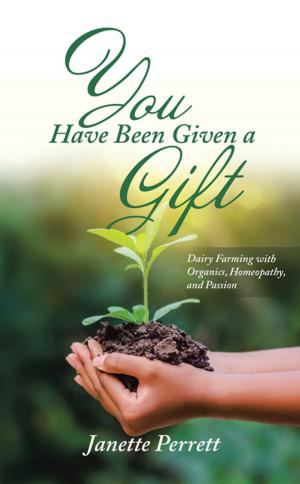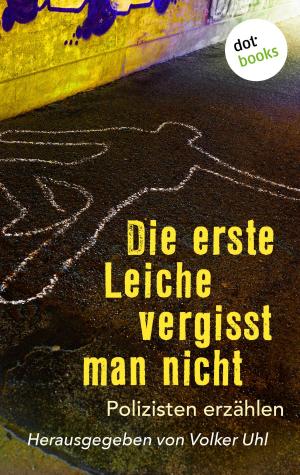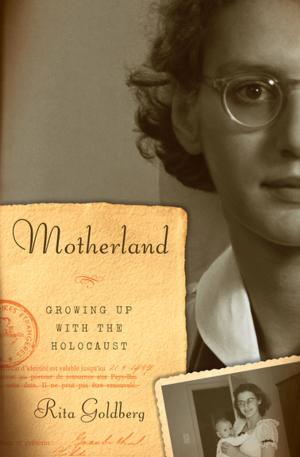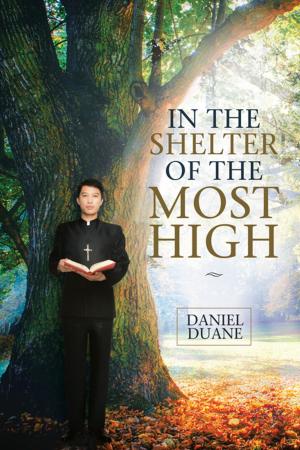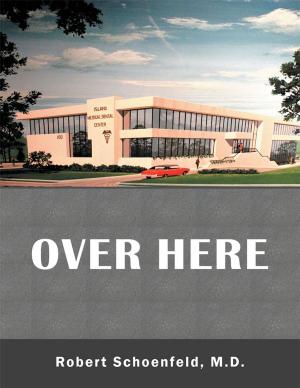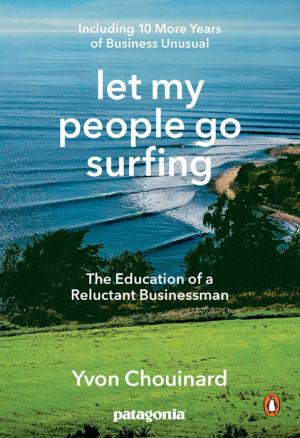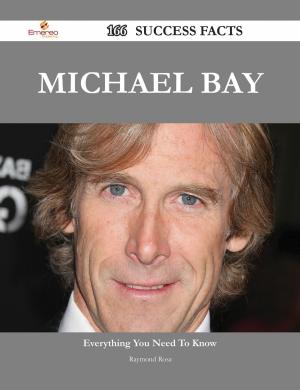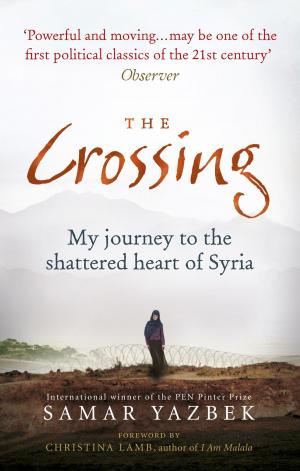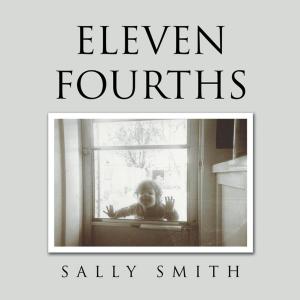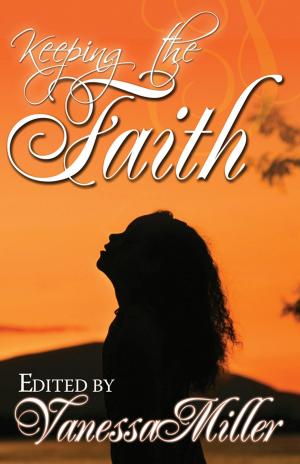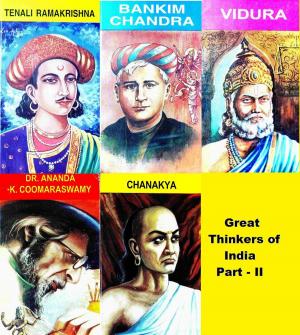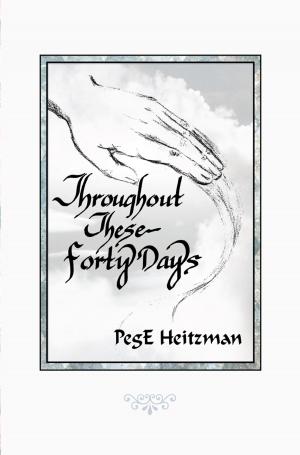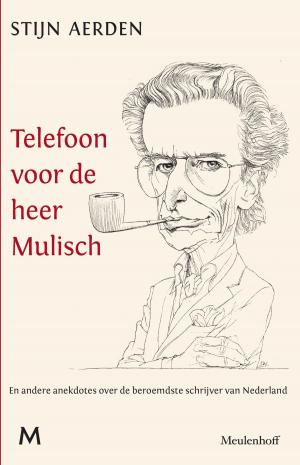| Author: | Nino MacDonald | ISBN: | 9781301190867 |
| Publisher: | Nino MacDonald | Publication: | November 4, 2012 |
| Imprint: | Smashwords Edition | Language: | English |
| Author: | Nino MacDonald |
| ISBN: | 9781301190867 |
| Publisher: | Nino MacDonald |
| Publication: | November 4, 2012 |
| Imprint: | Smashwords Edition |
| Language: | English |
The town band strikes up to welcome the American students of the University of Georgia on their annual summer arts program and testosterone charged youths from all over the district flock into Cortona. I am blissfully ensconced in the studio I have set up in the mediaeval tower I’m renting at the top of town, while the elegantly dressed Cortonesi are discussing Michelangelo and the merits of the Golden Mean, strolling arm in arm, up and down the Corso.
The honeymoon is over declares Dean, when the biting Tramontana wind crashes down on us from Siberia at the onset of winter but I’ve fallen in love with Helen an Australian doctor and move in with her by Spring, in her rustic hideaway outside Cortona. Life is Spartan without electricity or telephone, yet in tune with our aging contadini neighbours and a growing population of stranieri (expats) like Dean, surviving on the fringes. Actually, it doesn’t come much better than this and being the master of my own time strengthens my belief in manifest destiny and that a God is looking after me.
A brush with the law three years later and a local court appearance during my first solo painting show, heralds the beginning of the end of my relationship with Helen and also signals the end of my Tuscan idyll, except, sixteen months later I am surprised to find myself back again, this time with my new girlfriend Suzie, another Australian.
For a while I think my good house karma has deserted me but Suzie and I duly find a casa colonica on a large working farm outside Lucignano, a hill town near Cortona, where we settle down. Cultural identity plays a significant role in my life, being a German but raised as a Scot and becoming the father of two Australians, Cosmo and Toto, who grow up thinking they are Italian and refuse to speak English at home.
I exhibit in Tuscany and Naples as well as Munich, Paris and London, and annually in Cortona with the Sfinge, a collective of local artists, but broader recognition for my painting remains frustratingly elusive and as I grow older my faith starts to falter-even my mother’s New Age pronouncements, channelling her ascended Masters in support of my role as an artist, begin to sound hollow.
A golden age in a lost bubble of time but with the slow demise of Contadina culture, with political upheavals and industrialisation growing apace, I wonder if the Tuscany I know can survive into the new millennium. The British press is calling Tuscany "Chiantishire", and Ugo, communist run Cortona’s culture czar, is falling over himself to give Frances Mayes, author of Under The Tuscan Sun, the keys of the town.
Finally, Suzie’s epiphany is a bombshell that gives me no choice; I don’t want to leave, this is my spiritual home, but she is determined to return to Australia for the new century and take the boys, who are now eleven and nine years old, so I very reluctantly agree and hand in our notice at the farm. Our aged, eccentric landlord Mozzoni has never once raised the rent in fourteen years!
I arrived in Tuscany as a young man with only a suitcase and now will need a container to leave the country, which is sitting like a Sphinx or a Trojan horse in my piazza as we dismantle the house and I am left wondering if I will really make it onto the plane.
The town band strikes up to welcome the American students of the University of Georgia on their annual summer arts program and testosterone charged youths from all over the district flock into Cortona. I am blissfully ensconced in the studio I have set up in the mediaeval tower I’m renting at the top of town, while the elegantly dressed Cortonesi are discussing Michelangelo and the merits of the Golden Mean, strolling arm in arm, up and down the Corso.
The honeymoon is over declares Dean, when the biting Tramontana wind crashes down on us from Siberia at the onset of winter but I’ve fallen in love with Helen an Australian doctor and move in with her by Spring, in her rustic hideaway outside Cortona. Life is Spartan without electricity or telephone, yet in tune with our aging contadini neighbours and a growing population of stranieri (expats) like Dean, surviving on the fringes. Actually, it doesn’t come much better than this and being the master of my own time strengthens my belief in manifest destiny and that a God is looking after me.
A brush with the law three years later and a local court appearance during my first solo painting show, heralds the beginning of the end of my relationship with Helen and also signals the end of my Tuscan idyll, except, sixteen months later I am surprised to find myself back again, this time with my new girlfriend Suzie, another Australian.
For a while I think my good house karma has deserted me but Suzie and I duly find a casa colonica on a large working farm outside Lucignano, a hill town near Cortona, where we settle down. Cultural identity plays a significant role in my life, being a German but raised as a Scot and becoming the father of two Australians, Cosmo and Toto, who grow up thinking they are Italian and refuse to speak English at home.
I exhibit in Tuscany and Naples as well as Munich, Paris and London, and annually in Cortona with the Sfinge, a collective of local artists, but broader recognition for my painting remains frustratingly elusive and as I grow older my faith starts to falter-even my mother’s New Age pronouncements, channelling her ascended Masters in support of my role as an artist, begin to sound hollow.
A golden age in a lost bubble of time but with the slow demise of Contadina culture, with political upheavals and industrialisation growing apace, I wonder if the Tuscany I know can survive into the new millennium. The British press is calling Tuscany "Chiantishire", and Ugo, communist run Cortona’s culture czar, is falling over himself to give Frances Mayes, author of Under The Tuscan Sun, the keys of the town.
Finally, Suzie’s epiphany is a bombshell that gives me no choice; I don’t want to leave, this is my spiritual home, but she is determined to return to Australia for the new century and take the boys, who are now eleven and nine years old, so I very reluctantly agree and hand in our notice at the farm. Our aged, eccentric landlord Mozzoni has never once raised the rent in fourteen years!
I arrived in Tuscany as a young man with only a suitcase and now will need a container to leave the country, which is sitting like a Sphinx or a Trojan horse in my piazza as we dismantle the house and I am left wondering if I will really make it onto the plane.

